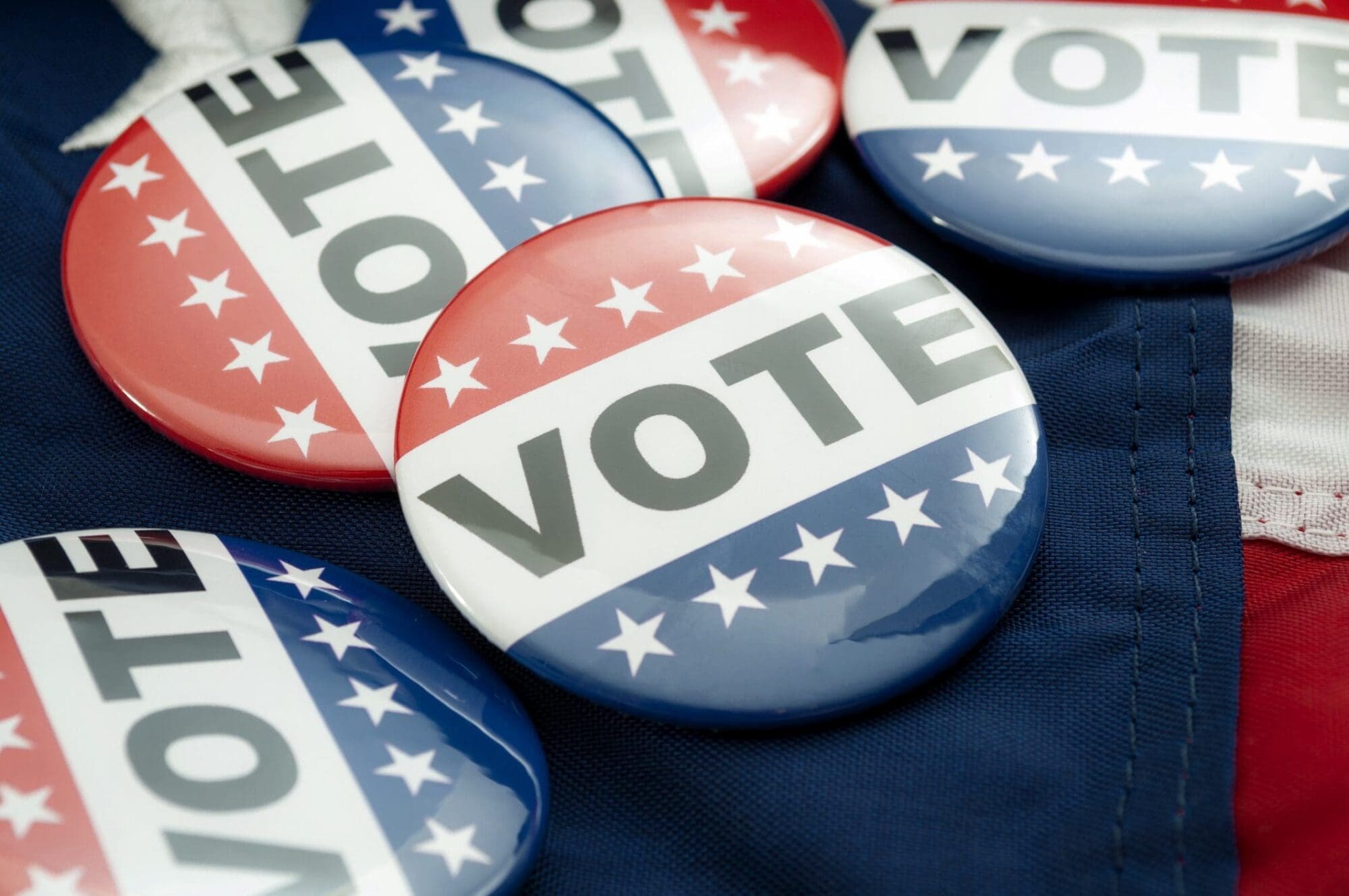A state lawmaker says Texans deserve to have confidence in their elections, and he’s filed a bill that could help them get it by launching a first-of-its-kind audit of a statewide election in Texas.
The “Texas Voter Confidence Act” would authorize the governor, lieutenant governor, and speaker of the House to select an independent third party to conduct a “forensic audit” of the November 2020 election and report on “any anomalies or discrepancies in voter data, ballot data, or tabulation.”
But what exactly does that mean?
What Is a “Forensic” Audit?
It’s an examination and analysis of records to extract facts and derive evidence that could be used in a legal proceeding. This type of audit involves a rigorous investigation conducted by subject-matter experts to document what happened and determine if mistakes or fraud occurred.
What Does a Forensic Election Audit Involve?
It examines election administration records to evaluate the accuracy of the reported results as well as compliance with state election laws and voting security procedures.
What Election Records Can Auditors Review?
Ballots, mail-ballot transactions, polling place paperwork, tabulation documents, chain-of-custody and security logs, voter lists, voting system software, and any other paper or electronic records local election administrators are required to keep.
What Election Processes Could Be Audited?
Auditors could look at the chain of processes: voting system programming, logic and accuracy testing, voter qualification, precinct-level voting, printing results at the polls, uploading precinct results at the central count, vote tabulation, mail-ballot processing (printing, mailing, tracking, verifying), and post-election auditing.
Why Audit an Election?
The quality control measure reveals whether local officials properly conducted each phase of an election and exposes any problems that need to be fixed. Audits also instill public confidence in election results.
“Voters want to know that their legal vote counts and matters,” said the audit bill’s author, State Rep. Steve Toth (R–The Woodlands).
Doesn’t Texas Already Audit Election Results?
Texas currently conducts post-election tabulation audits, in the form of partial manual recounts, for all elections that have paper ballots.
A new law passed this year requires all voting systems to produce paper ballot records by 2026 and initiates statistics-based “risk-limiting audits” of ballots in statewide elections, starting with a pilot program in 2022.
But those audits don’t look at other areas of election administration, as a more comprehensive forensic audit could.
Who Would Conduct an Election Audit?
Toth’s bill calls for an independent third-party audit, though local election officials would necessarily be involved. Specialized financial auditors could supply the requisite forensic skills; others well versed in Texas election laws and procedures can provide subject-matter expertise.
Would the Entire State Be Audited?
As proposed, the Texas audit would focus on the state’s 13 most populous counties: Harris, Dallas, Bexar, Tarrant, Travis, Collin, Denton, Hidalgo, Fort Bend, El Paso, Montgomery, Williamson, and Cameron.
Together they account for more than 60 percent of the 16 million registered voters across the state’s 254 counties. They’re geographically and politically diverse and used four different voting systems between them in 2020.
When Would the Audit Take Place?
The proposed Texas audit would begin by November 1, 2021, and end by February 1, 2022. That timeline might be complicated by a statewide constitutional amendment election set for November 2.
What’s Next?
Legislative business in the current special session is stalled, including the forensic audit bill.
While more than 50 Texas House Democrats are in D.C. to promote laws giving the federal government control over state election processes, they’re also blocking votes on Republicans’ priority election integrity reforms (and everything else).
Toth’s bill is backed by more than 30 other Republican lawmakers and could be refiled in a future special session.
Texas Attorney General Ken Paxton also supports a forensic election audit.
“We absolutely should do an audit here in Texas,” he tweeted Monday. “Other government agencies audit their procedures all the time. Why not make sure our elections are held to this standard too?”
Toth said Texans deserve to have confidence in their elections. A forensic audit may provide it.





